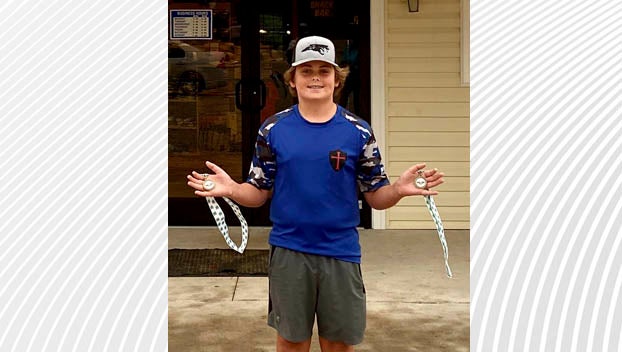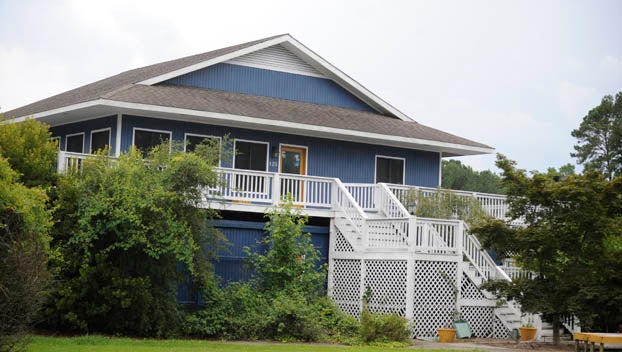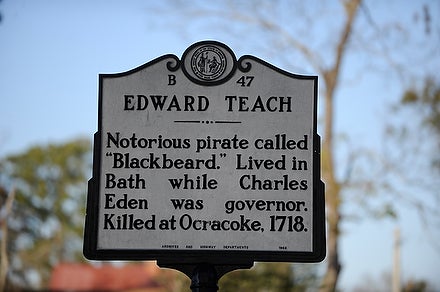Some city impact fees could be suspended
Published 11:25 pm Sunday, June 26, 2016
After indicating its support a proposal for waiving some impact fees to help stimulate residential growth, Washington’s City Council is expected to formally approve the recommendation.
That formal approval could come during the council’s meeting today.
At its June 13 meeting, the council recommended modifying the proposal. Those suggestions were incorporated into the original proposal presented by City Manager Bobby Roberson, who proposed waiving the city’s water and sewer impact fees for a period of six months beginning July1 and ending Dec. 31. Waiving those fees would save someone building a residence $920, according to the proposal. Currently, the Public Works Department charges impact fees for water and sewer taps. The impact fee for a residential water tap is $332. The impact fee for a residential sewer tap is $588.
If the impact fees were waived for six months, residential customers would continue to pay $800 for a water tap and $1,000 for a sewer tap. Currently, a residential customer pays $2,720 water tap, sewer tap, water tap impact and sewer tap impact fees. Impact fees are used to pay for infrastructure improvements, not for operating the water and sewer systems.
Providing incentives for people to build single-family dwellings would result in a new house on the city’s tax rolls and revenue from water and sewer taps and water, sewer and electricity usage, he said. Some council members and the mayor had concerns with the proposal, worrying that widespread use of the waiver provision for six months could result in a substantial loss of revenue for the city. Waiving the impact fees for each house in a new subdivision could reduce future revenue set aside for improving the city’s water and sewer systems, Councilman Doug Mercer said.
Mayor Mac Hodges recommended suggested a cap of five houses for someone building multiple houses, such as in a subdivision. The council endorsed that proposal, with Mercer adding a provision that an approved subdivision “of not more than five (new houses) would be exempted from the tap fees, but more than five would pay all fees.” That provision received support from the entire council.






